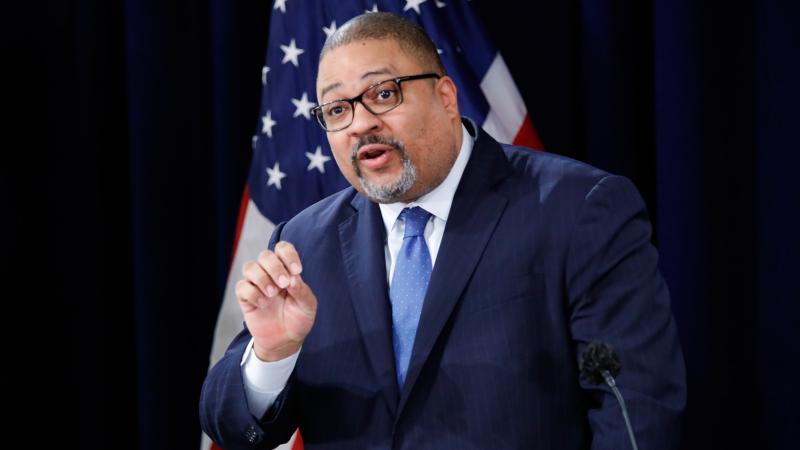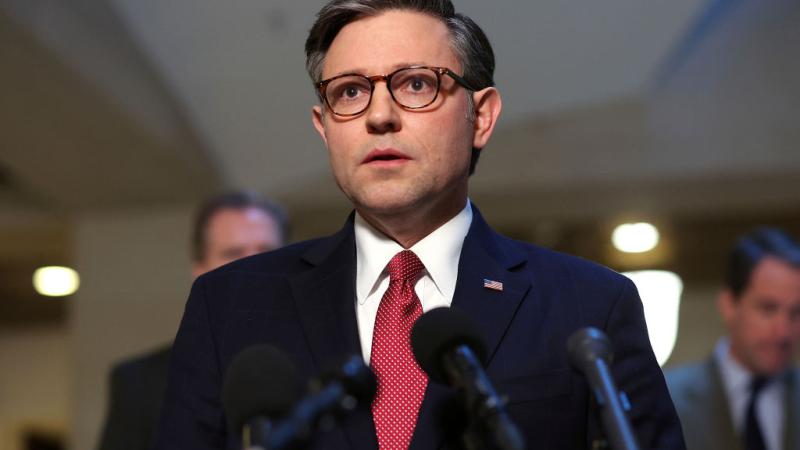Flynn's lawyers say ex-judge engaged in 'flagrant personal and partisan assault' against general
They accuse him of 'sheer duplicity' in his filing.
Lawyers for Gen. Michael Flynn, the defendant in an increasingly complex and multilayered prosecution case related to the Trump-Russia investigation, argued in a new filing today that the ex-judge called in to argue against dropping that case has engaged in a "flagrant personal and partisan assault" against the general.
The lawyers further argued that the judge overseeing Flynn's case had "no authority" to call in former Judge John Gleeson as an amicus curiae instead of dismissing the case per the federal government's request.
Flynn plead guilty in 2017 to lying to FBI agents during an interview pursuant to the then-burgeoning Trump-Russia inquiry. He withdrew that guilty plea earlier this year; the Justice Department last month subsequently dropped its case against him and asked the D.C. District Court to do the same.
But the judge in charge of Flynn's case, Emmet Sullivan, declined to do so, instead calling in Gleeson to file an opinion arguing against the motion to dismiss.
Gleeson in his opinion argued that Flynn should be sentenced under his original guilty plea, and that his withdrawal of that plea should constitute perjury, which Gleeson said the court should also take into account in its sentencing.
Flynn's lawyers in their new brief call that filing "an affront to the Rule of Law and a raging insult to the citizens of this country."
At a hearing last week, lawyers for Flynn, the Justice Department, and Sullivan each argued their clients' case before an appeals court. In today's filing, meanwhile, Flynn's attorneys said that even calling Gleeson up to write the opinion was beyond Sullivan's authority.
"The Government’s Motion to Dismiss ended the case and controversy before this court. It has no authority to proceed beyond granting the dismissal," the filing reads, arguing that a judge "cannot create issues for the parties or gin up his own case or controversy where none exists."
"The court cannot appoint an amicus in a criminal case to proceed against a defendant — it has no authority to appoint anyone to step into the place of the Government in a criminal prosecution," the lawyers argue further, stating that the U.S. Constitution "vests the power to execute the laws solely in the Executive Branch."
"Accordingly, the power to prosecute — to decide who, when, where, and how someone is charged with a federal crime or when the case must be dismissed — rests entirely with the Department of Justice," they add.
Further slamming Gleeson's arguments, Flynn's lawyers in the new filing argued that "withdrawing a plea cannot be contemptuous conduct as a matter of law."
"If it were," they said, "then there are at least 500 people in the National Registry of Exonerations who would be guilty of perjury."
The court "exuviated any appearance of neutrality when it unlawfully appointed Amicus as its own adversary to make these scurrilous arguments," they argue.












